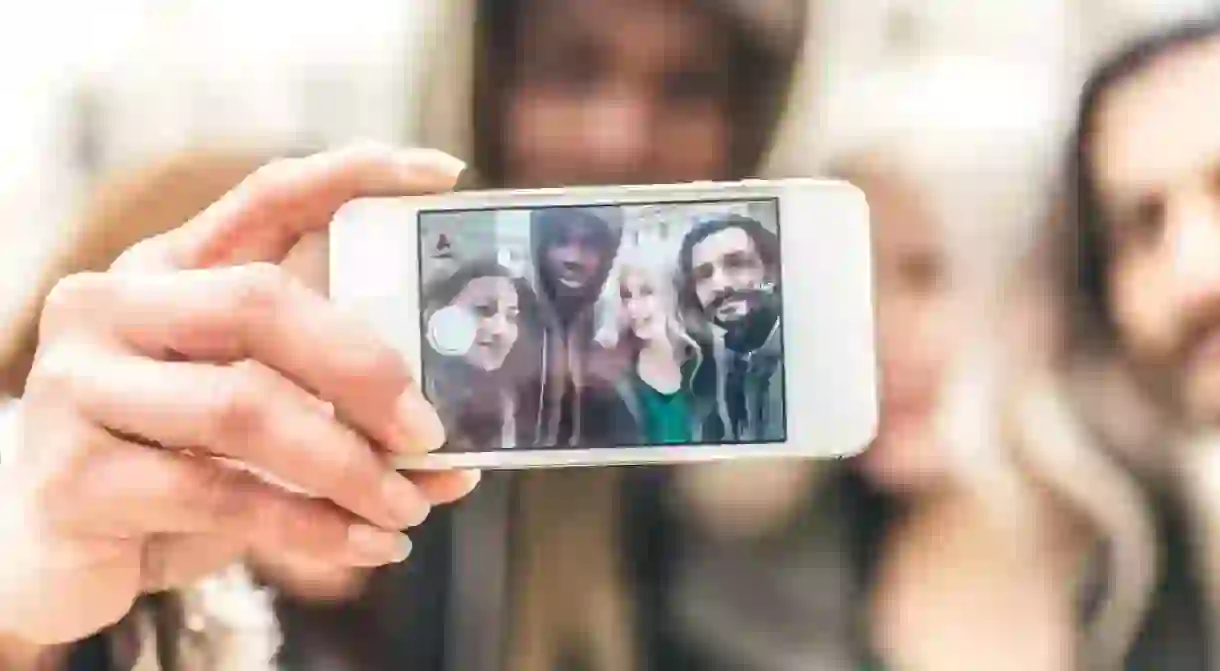Beautiful Instagram Photos Aren't Worth Risking Your Mental Health

We all have that one friend: he goes to all of the most amazing places, has a fabulous career, is dating the perfect person, and also somehow manages to consistently hit the gym for six-pack abs. He also happens to share all of those superb bits of his life on social media. And, in your weakest moments, you’re a little jealous.
That, researchers at Royal Society for Public Health in the U.K. say, is the problem with social media — and apparently it’s especially bad on Instagram. In a report published in conjunction with the Young Health Movement, officials ranked social media platforms in order from most to least positive for youth mental health as part of their #StateofMind campaign. YouTube was ranked most positive, while Instagram landed at the very bottom of the list.
1.YouTube
2.Twitter
3.Facebook
4.Snapchat
5.Instagram

Instagram is one of the largest social media networks in the world, boasting 700 million global users. In a survey of almost 1,500 U.K. youth (people aged 14 to 24), respondents commented on how social media platforms affected their sleep, body image, and interpersonal relationships among other things. Many of the young people said Instagram made them feel FOMO, or “fear of missing out” when seeing their peers posting fun and interesting things. Researchers point out that the most negative platforms, Snapchat and Instagram, are heavily image focused.
The hope is that this data will help researchers find new ways to approach youth mental health issues—maybe even by using social media platforms to identify and treat young people who may be troubled.
“For young people, using social media and digital technologies as a tool to help with mental health make sense for many reasons,” Dr. Becky Inkster, Honorary Research Fellow at the University of Cambridge, told CBS News. “Social media is a part of their daily lives and so care could be delivered in a lifestyle-integrated, self-managed approach.”













